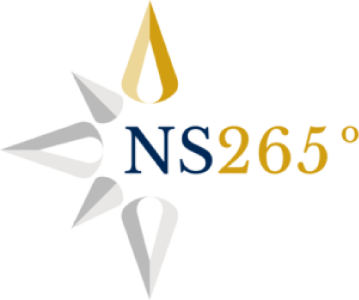ICT
At North Star 265°, we intend our learners to be equipped to become more independent, creative and competent with technology in their future lives.
Computing curriculum at North Star 265°
At North Star 265°, we intend our learners to be equipped to become more independent, creative and competent with technology in their future lives. The curriculum at is designed to reflect the capabilities and future needs of our learners. Three main strands of the Primary National Curriculum for Computing form our underlying framework and are taught in dedicated terms: Digital Literacy, Information Technology and Computer Science, with an additional strand of Basic Computer Skills, which form the building blocks of future learning in computing, to ensure that key skills are overlearned.

Our intention is that pupils will be able to use their computing skills across the curriculum and to inform and enhance life-long learning. We use a scheme of work called The National Centre for Computing Education (Teach Computing) for our discreet computing lessons and the childnet scheme to teach internet safety.
Below you will find a learning journey map which shows how the primary curriculum is organised and how this fits into the whole computing curriculum.
We intend for pupils to have a foundational understanding of computing to include algorithms, simple programs, logical reasoning, and prediction. We also aim for pupils to purposefully and creatively store, manipulate and retrieve digital content as well as being able to recognise how technology is used across the wider world. We believe that young children need a strong, but age-appropriate, understanding of how to keep safe when using modern computing technology and the internet. This will then allow pupils to feel protected, well-informed, and able to self-regulate when using technology and the internet, and all it has to offer.
Our Key Stage One students will be learning skills such as:
- Using the internet to find information
- Creating digital content, such as pictures
- Giving instructions to control a digital device
Our Key Stage Two students will be learning skills such as:
- Locating and saving information offline
- Searching for information on the internet
- Solving problems (debugging) in simple instructions (algorithms)
E-Safety
At North Star 265°, where SMSC and PSHE form a central thread in all learning, it is our priority to ensure E-Safety is explicitly taught and overlearned to support children and families to safeguard themselves both in and out of school.
Each term, we have a specific focus, in line with our E-Safety policy and the Childnet STAR SEND toolkit for E-Safety, which is taught in dedicated circle times, special PSHE lessons or forms part of the support we offer to parents and carers.
Term 1
Focus: Action
To know how to recognise risks and harmful content; to know how to report a risk
Term 2
Focus: Safe
To know how information and data is shared and used online; To know which information should be private
Term 3
Focus: The internet is a public place
Know that not every website or person can be trusted; to know that people can behave differently online (including pretending to be someone they are not). Know how to respond safely and appropriately to strangers online.
Term 4
Focus: parental controls and filters
To provide technical support and information for parents to ensure filtering and parental controls are in place to protect children at home.
Term 5
Focus: Trust
To know how to check a source is trustworthy; to know how to recognise if an online friendship is a risk
Term 6
Focus: Respect
To know that online relationships and face-to-face relationships share the same principles, including the importance of respect, even when anonymous

